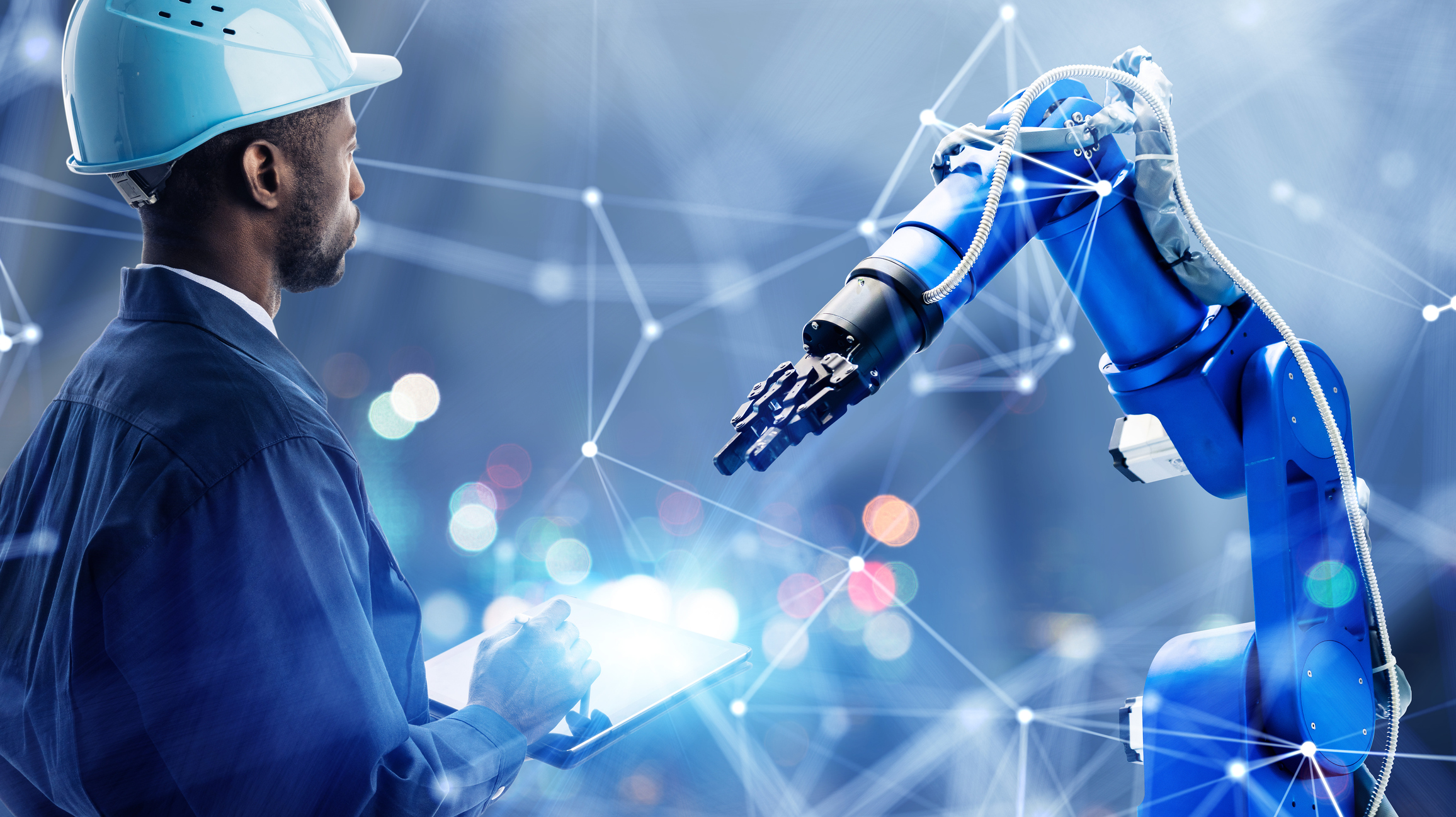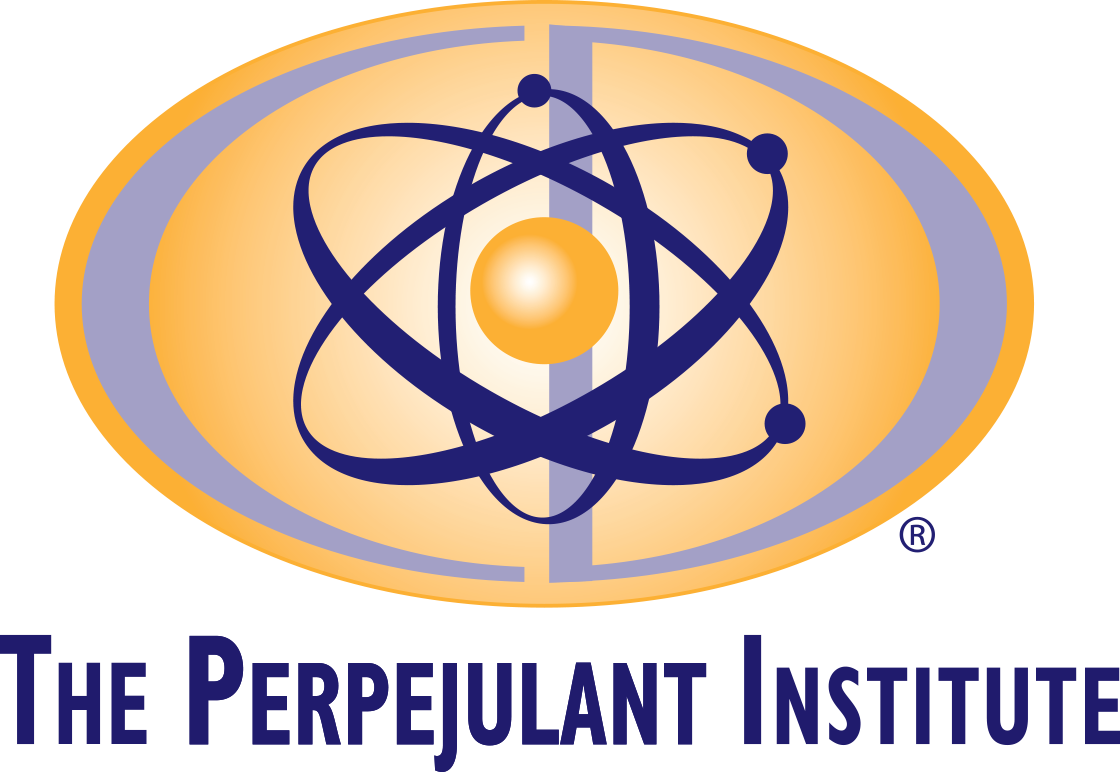
REVOLUTIONIZING the Workplace
Artificial Intelligence Shaping The Future Of Work
Future Workplace Dynamics
What Will Work Look Like in the Future?

A daunting task lies ahead for today’s workforce leadership, and that is to accurately determine what work will look like in the future. Specically how humans will navigate the course of future work accountabilities and harness the necessary skills to work proficiently with intelligent technology. Robots in many cases will replace carbon bodies in roles that are repeditive and dangerous, especially in the manufacturing and mineral exploration areas. Large retailers will use robots to handle their inventory management and restocking requirements. Workflow processes will be re-engineered to adapt to the systems thinking and how system performance augments human performance, which will create a different type of performance evaluation process for HR leaders.
With so many new efficiency quotients, those dealing with legacy workflow management processes will become obselete. In order to generate performance sustainability in the future, companies will need to make a quantum leap into an ecosystem management structure.
As we immerse ourselves in the 4th Industrial Evolution, we’ll find new ways to define work. The meaning of work for humans will be mostly driven by machine thinking and intelligent device engagement. The methodology of programming machines via algorithms is central to defining the future of work. Humans will be working interactively with devices, AI, robotics, wearables, and using data-analytics to help with decision-making, but, humans will have to decide path forward based on innate anotomical characteristics.
Data science has become a top job in businesses today, major corporations employ a liteny of data scientist to make sense of all the data they gather. Work analysis is the key to driving pinpoint decision-making, and the most innovative leaders will need to redefined how strategic agility feeds the accomplishment of strategic objectives!
Binder, J. (2016). Global project management: communication, collaboration and management across borders. Routledge
Bhaskar, H. L. (2018). Business Process Reengineering: A Process Based Management Tool. Serbian Journal of Management, 13(1), 63–87. https://doi-org.libproxy.csun.edu/10.5937/sjm13-13188
Kerzner, H., & Kerzner, H. R. (2017). Project management: a systems approach to planning, scheduling, and controlling. John Wiley & Sons.
Kumar, D. & Bhatia, A., (2012). “BPR- Organization Culture, Best Practices and Future Trends”, International Journal of Computer Application Vol 44 No. 23, 2002.
Chernov, A. & Chernova, V. (2019). Artificial Intelligence in management: Challenges and Opportunities
We need your help.
Make a donation today to support our continued research and development.

